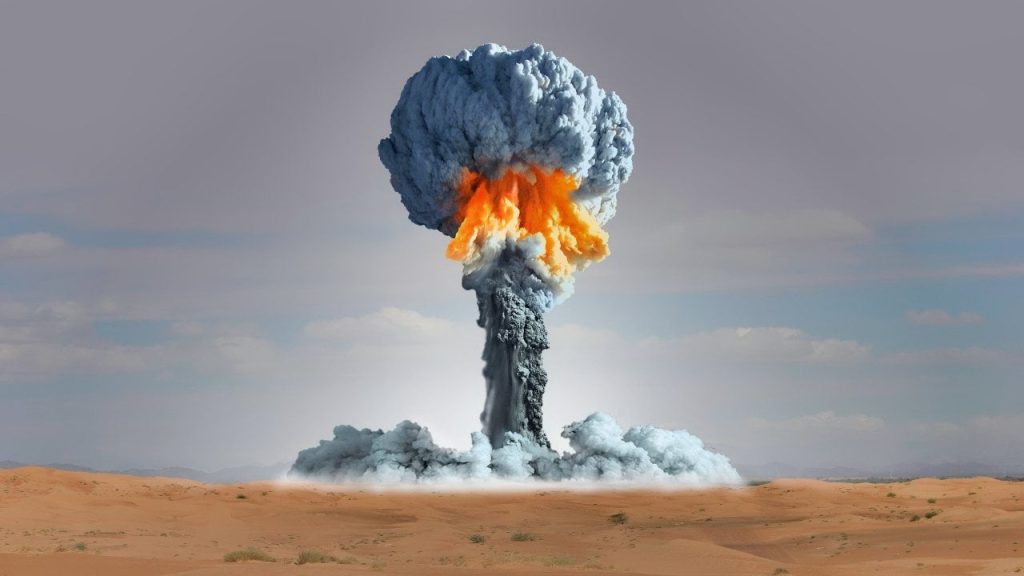Nuclear Deterrence

Britain’s Nuclear Deterrent Doesn’t Work Without The United States
Britain’s Trident nuclear missiles are the backbone of its nuclear force. The problem? Britain doesn’t even own the missiles—they lease them from the United States.

What Do Drones Mean For Nuclear Deterrence?
Drones have the potential to enhance nuclear deterrence, but they also introduce significant risks in terms of escalation control and first-strike stability. Drones and other autonomous vehicle technologies have already...

10 Reasons Why Minimum Nuclear Deterrence Is A Bad Idea
Despite the rapid growth and modernization of Russian and Chinese nuclear forces, many believe that the United States should not compete but rather minimize its own nuclear capabilities as far...

China’s Nuclear Rise
Does the rise of China as a nuclear strategic superpower present a fundamental threat to deterrence, arms control, and arms race stability? Experts contend that China has set in motion...

China’s Nuclear Rise
Does the rise of China as a nuclear strategic superpower present a fundamental threat to deterrence, arms control, and arms race stability? Experts contend that China has set in motion...

U.S. Nuclear Defense Should Not Be So Costly
Instead of investing billions in outdated missile defense systems, why not move to a minimum deterrent doctrine? After a decades-long post-Cold War halt to designing, manufacturing, and testing new nuclear...

How to Deter Putin’s Latest Escalation Threat
Russian president Vladimir Putin’s declaration on September 12 that the war in Ukraine would directly involve NATO if Kyiv is permitted to use long-range weaponry is his most credible warning...

The Risk of an Accidental Nuclear Exchange is Growing
Russia’s historical paranoia casts a long shadow. This paranoia is deeply rooted in a history of invasions, from the Polish-Lithuanian Commonwealth in the 1600s, Sweden in the 1700s, and Napoleon...

U.S. Nuclear Strategy and the Future of Arms Control
According to recent press reports, the Biden administration has approved a secret nuclear strategy designed to adapt U.S. defense planning to the anticipated rise of China as a third nuclear...

South Korea’s Nuclear Weapons Debate: A Third Way Forward?
Becoming a threshold state, rather than developing a nuclear deterrent outright or continuing to rely on the U.S. umbrella, may be the ROK’s best option. The debate over nuclear armaments...

The Preponderance of Power: Paul Nitze and the Cold War
James Graham Wilson. America’s Cold Warrior: Paul Nitze & National Security from Roosevelt to Reagan (Ithaca, Cornell University Press) 336 pp., $32.95. Ten years ago, James Graham Wilson, a historian...

The Crumbling Edifice of Conventional Deterrence
Current and aspiring nuclear great powers (the United States, Russia, and China), together with other comparatively small nuclear weapons states (either declared or widely acknowledged as such), are investing in...